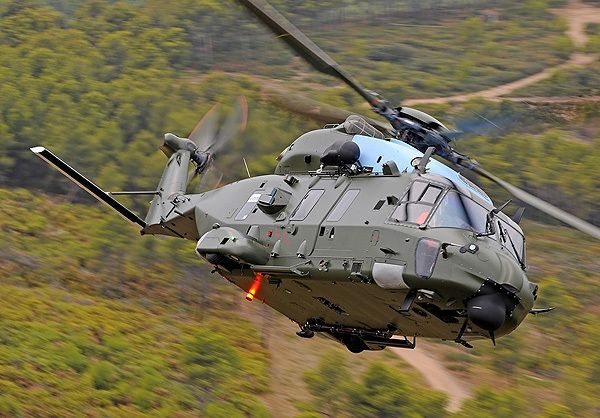As intercontinental ballistic missiles gain prominence in the Air Force’s nuclear enterprise, service officials related the importance of maintaining the system during the 2012 Air Force Association Air and Space Conference and Technology Exposition here Sept. 18.
Panelists included Maj. Gen. William Chambers, assistant chief of staff for strategic deterrence and nuclear integration; retired Lt. Gen. Frank Klotz, senior fellow for strategic studies and arms control council on foreign relations; and Elbridge Colby, global strategic affairs principal analyst, CNA.
“The ICBM is stabilizing, lethal, responsive, survivable and highly credible,” Chambers said, adding that he sees ICBM as a homeland-based force that maintains strategic stability and supports conflict resolution below the nuclear threshold.
“It does this by imposing great costs on any would-be aggressor and denying any adversary a nuclear coercion option,” he explained.
Chambers also noted that ICBMs are among the most reliable and inexpensive strategic systems to operate and maintain.
“In fiscal year 2011, the Air Force provided an ICBM capability to the nation for one percent of the overall Air Force budget,” Chambers said. “That’s not a lot of money for the overall global stability that this force provides America.”
While some advocates of deep reductions have called for total elimination of ICBM, the panel assured that the ICBM is essential to deterrence and strategic stability.
“If the ICBM were eliminated, the number of strategic targets an adversary would have to attack to seriously undermine or even destroy the U.S. nuclear deterrent force would be reduced from more than 500 to perhaps a dozen,” Klotz said.
The panel underscored the importance of maintaining the ICBM in the 21st century.
“It’s very important to think about new capabilities and maintaining the same fundamental approach to deterrence — putting the fear into your opponent so you don’t ever have to go to war,” Colby said.
The panelists acknowledged that though opinions may vary about ICBM’s future,
the system must continue to progress.
“The most pressing task is to work toward a broad, national consensus on the steps that need to be taken to maintain a safe, secure and effective nuclear arsenal in the years ahead and to demonstrate real … purpose in achieving them,” Klotz said.











